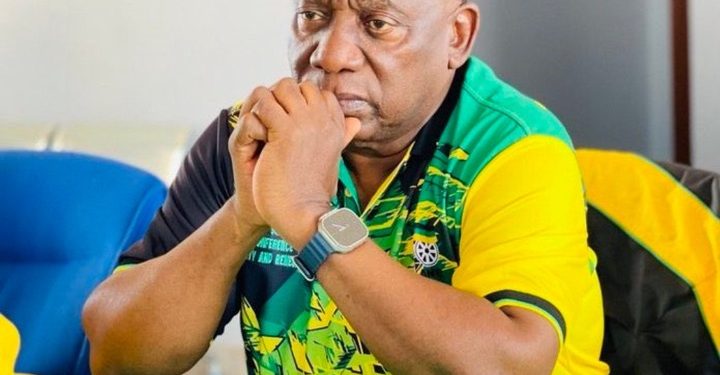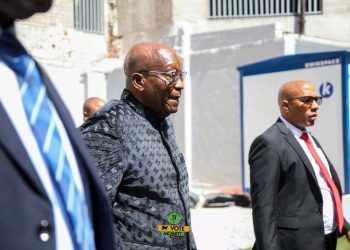The Democratic Alliance (DA) has called for an urgent meeting with President Cyril Ramaphosa to address the growing instability in several municipalities across South Africa. The request comes amid concerns over failing service delivery, corruption, and mismanagement in key areas under the leadership of the African National Congress (ANC).
John Steenhuisen, leader of the DA, emphasized the critical need for intervention, citing the collapse of governance in multiple municipalities as a severe threat to the well-being of citizens. “We cannot continue to watch the deterioration of service delivery and governance in these municipalities. It’s time for a national leadership intervention to prevent further suffering of communities,” Steenhuisen said.
The DA highlighted several municipalities where instability has become rampant, pointing to a mix of political infighting, maladministration, and lack of financial accountability as key drivers of the collapse. Municipalities like Emfuleni, Nelson Mandela Bay, and Ekurhuleni have been in the spotlight for their ongoing crises, with residents suffering from interrupted water and electricity supply, lack of waste management, and general infrastructural decay.
In a statement, Steenhuisen indicated that the DA’s proposed meeting with President Ramaphosa would focus on solutions to restore stability, including the appointment of competent leadership and the implementation of stronger governance frameworks. “We are willing to work with the president to find sustainable solutions, but there must be accountability at every level, and a commitment to root out corruption that continues to hamper local governance,” he added.
The ANC has yet to publicly respond to the DA’s request, but political analysts suggest that the party may be open to dialogue given the mounting pressure on President Ramaphosa’s administration to address service delivery failures ahead of the upcoming elections.
In recent months, various municipalities have been placed under administration, with national and provincial governments stepping in to stabilize finances and service delivery. However, critics argue that these interventions have been short-term solutions, with deeper structural issues remaining unresolved.
The DA’s call for direct engagement with Ramaphosa signals the increasing urgency of the matter, as citizens continue to protest against poor services, and businesses struggle under the weight of failing infrastructure. Whether the ANC will cooperate remains to be seen, but the political and social stakes are high as South Africa’s municipalities face a critical juncture in their governance trajectory.





















